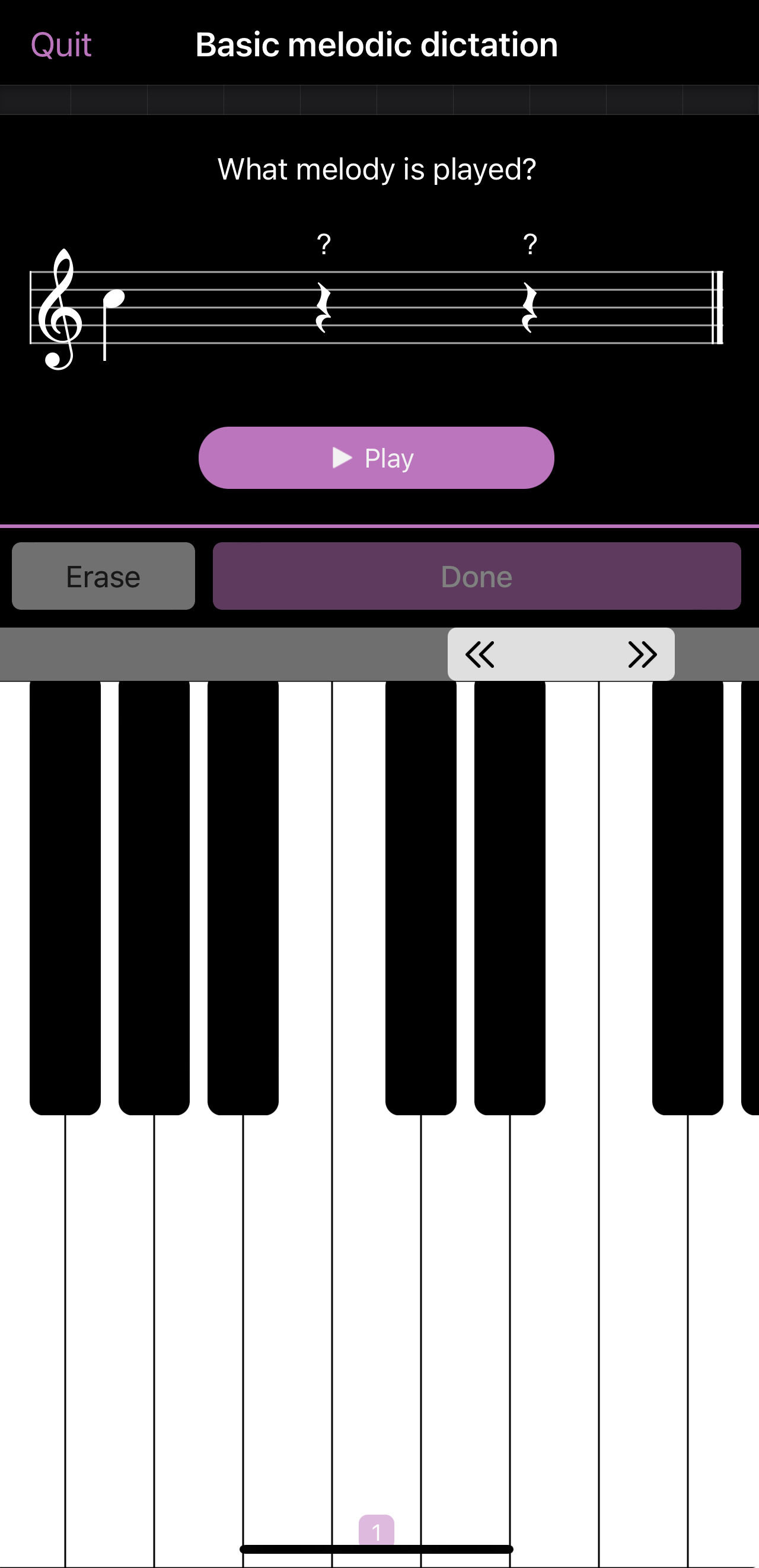[SB #237] Upping your music enjoyment
Hi, I’m Matt, and welcome to Steady Beats. If you like to walk for a better life, and also like Dire Straits’ “Walk of Life,” you just might like this newsletter.
At Write of Passage, we’re off the launchpad for Cohort 12. It’s an extremely busy time. But we still need room for escape — the opportunity to turn the brain off, or at least let it focus on less mind-bending measures.
So, I’ve been learning more about music lately. Here are a couple of books and an app that have made me a bit more astute music fan of late.
Every Song Ever, by Ben Ratliffe
Ben writes with vibrance and an endless vocabulary — I can’t remember the last time I had to hit up the Kindle dictionary so often.
The book takes deep dives into musical construction, giving the listener new ways to listen to and enjoy music in this age of endless supply. Ratliffe avoids getting overly technical which would limit its accessibility amongst readers without deep backgrounds in musical theory (ahem, me). He turns music over and examines it from unique angles, looking at repetition, speed, loudness, an even community, for example, as ways for listeners to differentiate and enjoy music beyond traditional dividing lines.
The book was dense, and I enjoyed Ratliffe’s writing style, but in the end, did I discover new ways to appreciate and enjoy music?
It wasn’t life-changing, but there were lots of little nuggets like this:
repetition in music works best when the quality of repeated tones and their patterning remind you of breathing or walking or running.
Those insights were useful in helping develop a better understanding of music — especially for songs I’ve enjoyed for decades.
The Number Ones, by Tom Breihan
“The Number Ones” is a compilation of columns from Stereogum columnist Tom Breihan, tracing back music history through the lens of twenty #1 hits from the 1960s to 2022.
The stories behind the songs were interesting, and useful. A big part of enjoying music from the 80s (my preferred decade) is learning about the history of the artists, producers, technicians and many shady business practices that stood up many of my favorite songs.
Breihan’s work could have been rounded out more with some technical analysis on why these hits were constructed like they were, or what made their sound unique enough to stand above others of their eras.
Earpeggio
Earpeggio is a free app for the iPhone that helps you learn to identify intervals, chords, scales, and rhythms by listening. There is no text-based music theory upfront—you jump right into auditory exercises.
It’s accessible, it’s easy to get started, and it is kind of fun to attack in bite-size portions. If you want to build your musical recognition muscles and you lack much music theory background, Earpeggio is a good place to start.
Thank you for reading.
Let’s keep the Steady Beats going. 💚
If you enjoyed this edition, would you mind giving the heart below a click?






